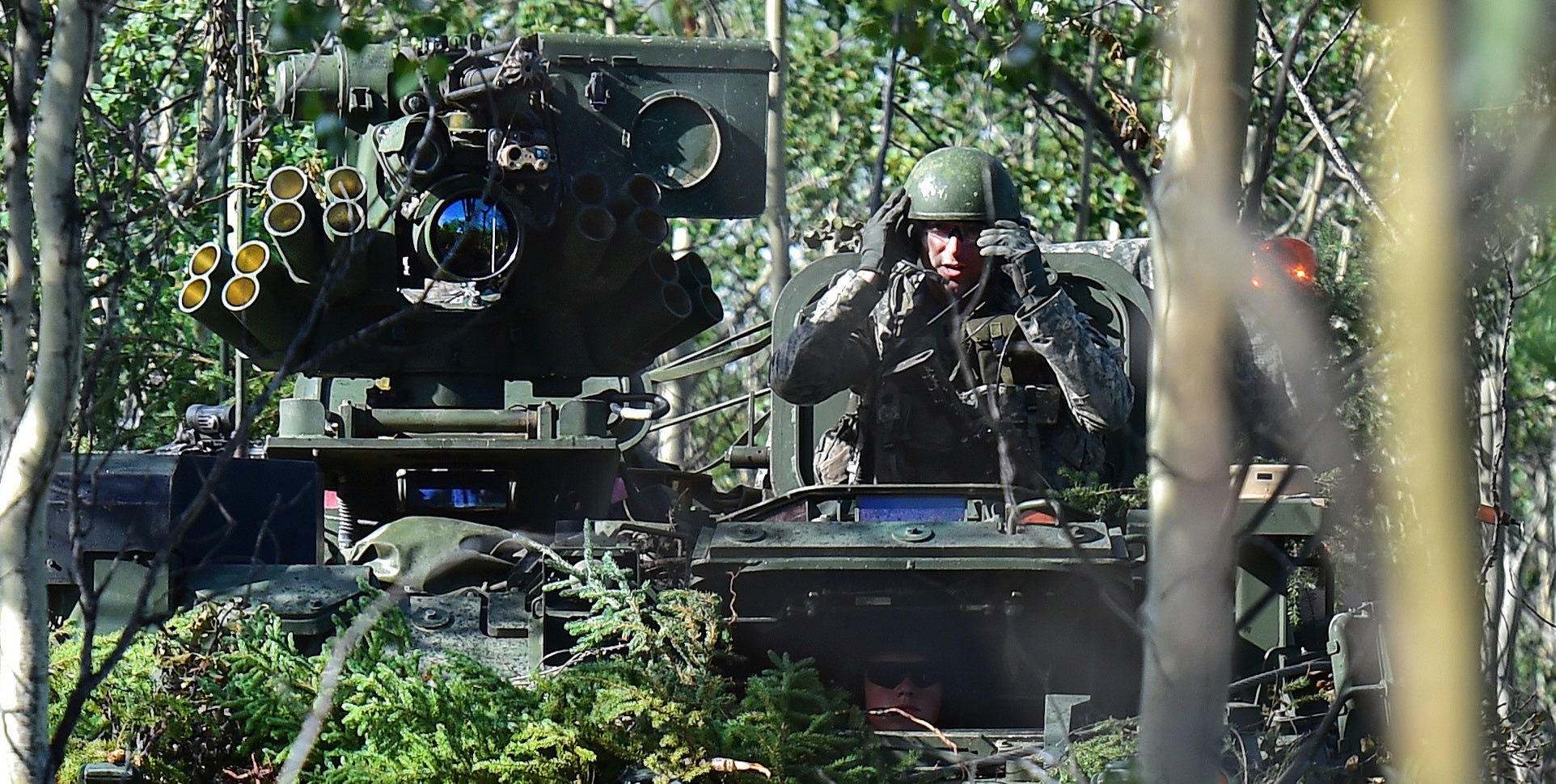LANPAC Conference Begins With Reminder of Threats
LANPAC Conference Begins With Reminder of Threats

The U.S. and its Pacific partners began a three-day meeting Tuesday in Honolulu with a fresh reminder from North Korea about danger in the Indo-Asia-Pacific Theater.
Sunday’s successful ballistic missile launch by the regime of North Korea’s pugnacious leader Kim Jong Un, and his subsequent declaration of beginning mass production of the midrange solid-fuel missiles known as the Pukguksong-2, is evidence, if any was needed, that there are serious security issues at stake.
The Association of the U.S. Army is hosting the three-day LANPAC Symposium and Exposition involving representatives of land forces from 29 nations. “That’s pretty powerful,” said retired Army Gen. Carter F. Ham, the Association of the U.S. Army’s president and CEO.
This is AUSA’s fifth LANPAC conference, with chiefs of staff of nine armies attending an event focused on joint and multinational operations, and on keeping a combat-ready edge for forces in theater or dedicated to theater operations. Ham said there is no other similar forum solely focused on the challenges facing and resources required for land forces and land power in the Pacific.
Gen. Robert B. Brown, the U.S. Army Pacific commanding general, said the world is becoming more complex and the speed with which things change has increased. The fog of war was once not having enough information. Today, he said, the fog of war is being overwhelmed by too much. “Those who would do us harm can sometimes move much faster than we can,” Brown said.
‘The key thing about being here is we have 29 countries working together,” Brown said. “Our advantage is realizing our combined potential.”
As the LANPAC conference got underway, Director of National Intelligence Dan Coats was telling the Senate Armed Services Committee in Washington, D.C., about North Korea’s threat to regional stability. “North Korea’s weapons of mass destruction program, public threats, defiance of the international community, confrontational military posturing, cyber activities, and potential for internal instability pose a complex and increasingly grave national security threat to the United States and its interests,” Coats told the committee.
Marine Corps Lt. Gen. Vincent R. Stewart, Defense Intelligence Agency director, appeared at the same hearing with a similar warning. “North Korea is an antagonistic state actor and remains a critical security challenge for the United States,” Stewart said.

